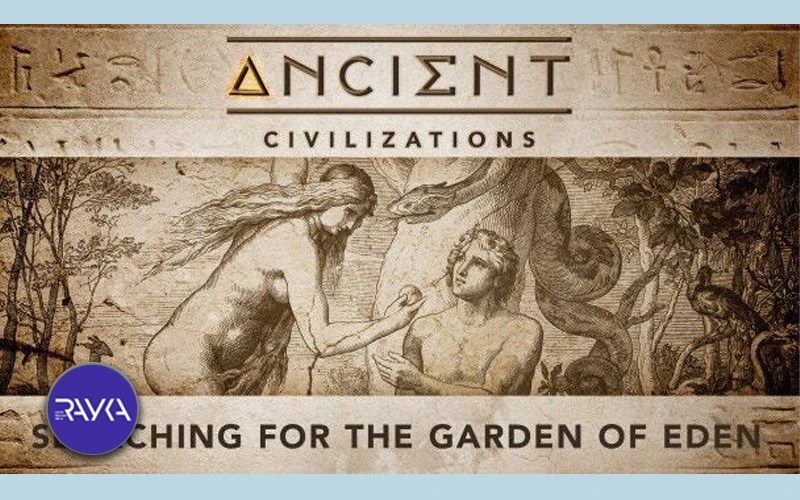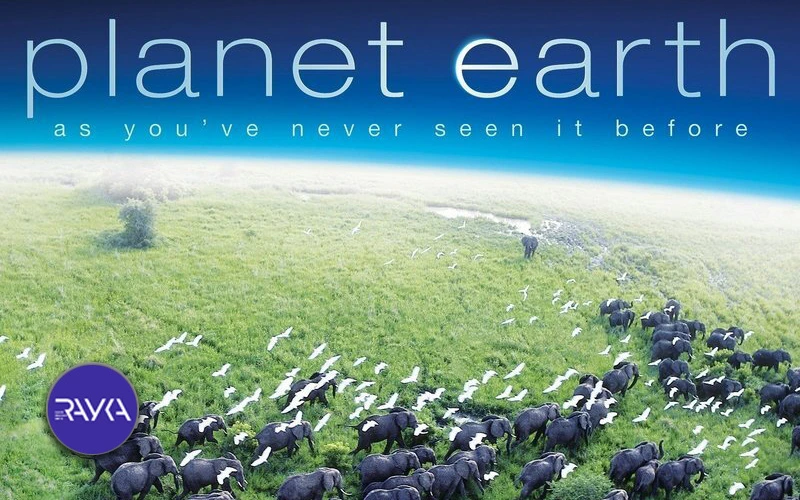
Historical documentaries are fascinating windows into the past that introduce us to real events, important figures, and cultural transformations. They don’t just provide information; they depict true stories through impactful narratives.
Many people turn to documentaries that are built on reliable sources and strong visual styles to gain a better understanding of world history. If you’re looking for documentaries that both entertain you and expand your knowledge, in this article we’ll introduce the best historical documentaries and explore their features.
Historical documentaries succeed when they combine truth with compelling storytelling. They usually share several key characteristics that make them both credible and engaging for audiences:
The world of historical documentaries is so vast that every viewer can find something suited to their taste. From stories of wars and revolutions to reconstructions of ancient civilizations, the most successful documentaries always combine meticulous research, strong storytelling, and high-quality production.
Today, even AI-powered documentary filmmaking has become a compelling tool for recreating historical figures, places, and moments. Still, documentaries based on field research and authentic archives hold a special place among audiences. Below, we introduce some of the world’s best historical documentaries.
Civilizations is an extraordinary artistic and historical production that explores the history of human civilizations through the lenses of culture, art, and religion. Produced in 2018 by the BBC, it is in fact a modern version of the classic 1969 documentary Civilization.
One of its standout features is its cross-cultural approach. Civilizations does not limit itself to Western civilization; it also closely examines the cultures of East Asia, the Middle East, Africa, and Latin America. The visual design of the documentary is stunning, employing high-quality cinematography and unique camera angles to create a cinematic experience for viewers.
The narration, delivered by three renowned experts—Simon Schama, Mary Beard, and David Olusoga—adds depth to the storytelling. The documentary also carefully investigates the impact of religion, colonialism, migration, and cultural exchange on the shaping of global art.

The World at War is one of the most accurate and influential documentaries about World War II. Produced in 1973 by Britain’s ITV network, it remains a highly trusted source for those interested in war history.
Across 26 episodes, the documentary covers every aspect of the war from start to finish: from Germany’s invasion of Poland to the atomic bombings of Hiroshima and Nagasaki. A striking feature of the series is its interviews with people who personally experienced the war—soldiers, civilians, and high-ranking politicians alike. This approach offers a more human and authentic portrayal of events.
Narration is provided by Laurence Olivier, whose deep and powerful voice—both formal and emotional—immerses viewers in the human tragedies of the war. In addition, the series features rare archival footage seldom seen in other documentaries.
Even decades after its release, The World at War remains a benchmark for war documentaries and is well worth revisiting.
The Civil War, directed by Ken Burns, is one of the most influential works in the history of American documentary filmmaking. First aired on PBS in 1990, it was immediately acclaimed by both critics and audiences. With his unique style—later known as the “Ken Burns Effect”—Burns transformed what could have been a dry and formal history into an emotional and tangible experience.
Across nine episodes, the documentary portrays the American Civil War not just as a political or military event, but as a deeply human story of pain, division, belief, and freedom. The use of letters, diaries, historical photographs, and folk music gives each episode a powerful emotional impact.
The narration, delivered by Morgan Freeman, Sam Waterston, and other notable actors, adds an authentic and intimate connection to the historical figures. Unlike purely analytical documentaries, The Civil War places the audience directly into the heart of the conflict and the emotions of the people who lived through it.
This masterpiece is one of the finest examples of blending historical narrative with cinematic form, showing how a documentary can truly bring history to life.
While Planet Earth is usually categorized as a nature documentary, a closer look reveals it as a profound exploration of Earth’s history and the evolution of life. Produced by the BBC and narrated by Sir David Attenborough, it stands as one of the greatest achievements in 21st-century documentary filmmaking.
With cutting-edge cinematography, Planet Earth captured images of our planet that had never been seen before. It beautifully and scientifically illustrates the historical development of ecosystems, habitats, and climate changes. Each episode immerses viewers in processes that have shaped life over millions of years.
This documentary masterfully combines breathtaking visuals with precise scientific data. In later editions, modern algorithms and AI-powered image analysis were even employed in the reconstruction and enhancement of certain sequences.
Watching Planet Earth is more than a visual experience; it is an opportunity to understand the history of nature and humanity’s place within this grand cycle.

The Story of India, directed by Michael Wood, offers one of the most comprehensive narratives of India’s past. Produced in 2007 by the BBC, this six-part series demonstrates how history, culture, and religion shaped one of the world’s greatest civilizations.
Rather than simply narrating from a desk, Michael Wood travels across cities, villages, temples, and historic sites, bringing India’s history to life in the field. The series spans different eras, from the Indus Valley Civilization to the Mughal Empire and British colonialism, while also highlighting India’s art, architecture, languages, and diverse religions.
What sets The Story of India apart is that it does not focus solely on kings and wars—it also tells history from the perspective of ordinary people. Traditional music, local imagery, and conversations with residents add a human dimension that distinguishes it from similar works.
This series shows that even in an age where AI-powered documentary filmmaking is rapidly advancing, field research and human storytelling remain essential to creating powerful documentaries.
Historical documentaries are not just dry, tedious accounts of the past; they are living stories that connect us with the journeys of civilizations, wars, cultures, and people. Watching them not only deepens our understanding of history but also reshapes how we view the present.
Whether your interest lies in wars, art, culture, or nature, there is always a documentary to accompany you on your journey through history. The key is to choose those built on solid research and strong storytelling. Even now, as AI documentary production grows, the role of human filmmakers in conveying emotion and historical depth remains irreplaceable.